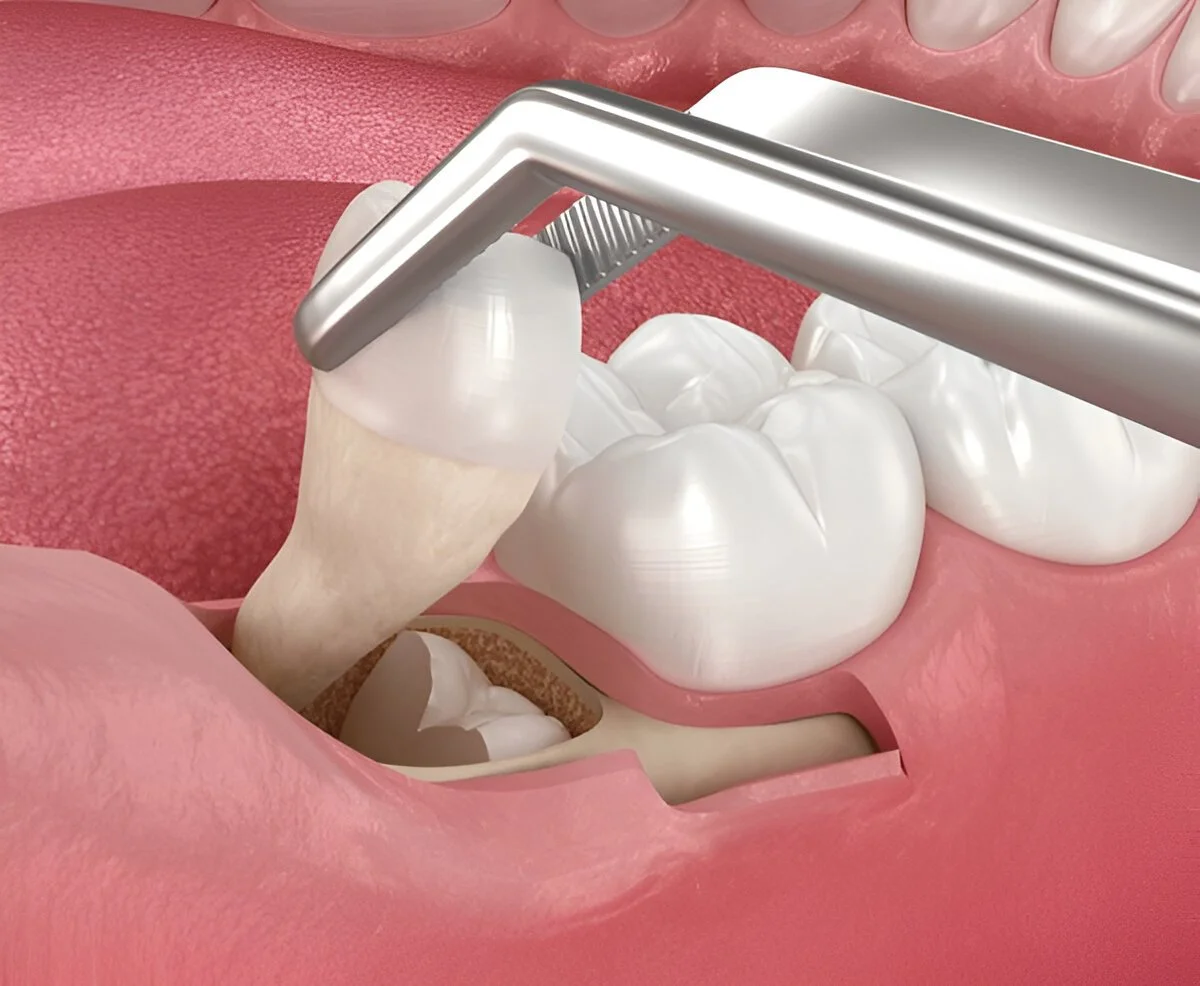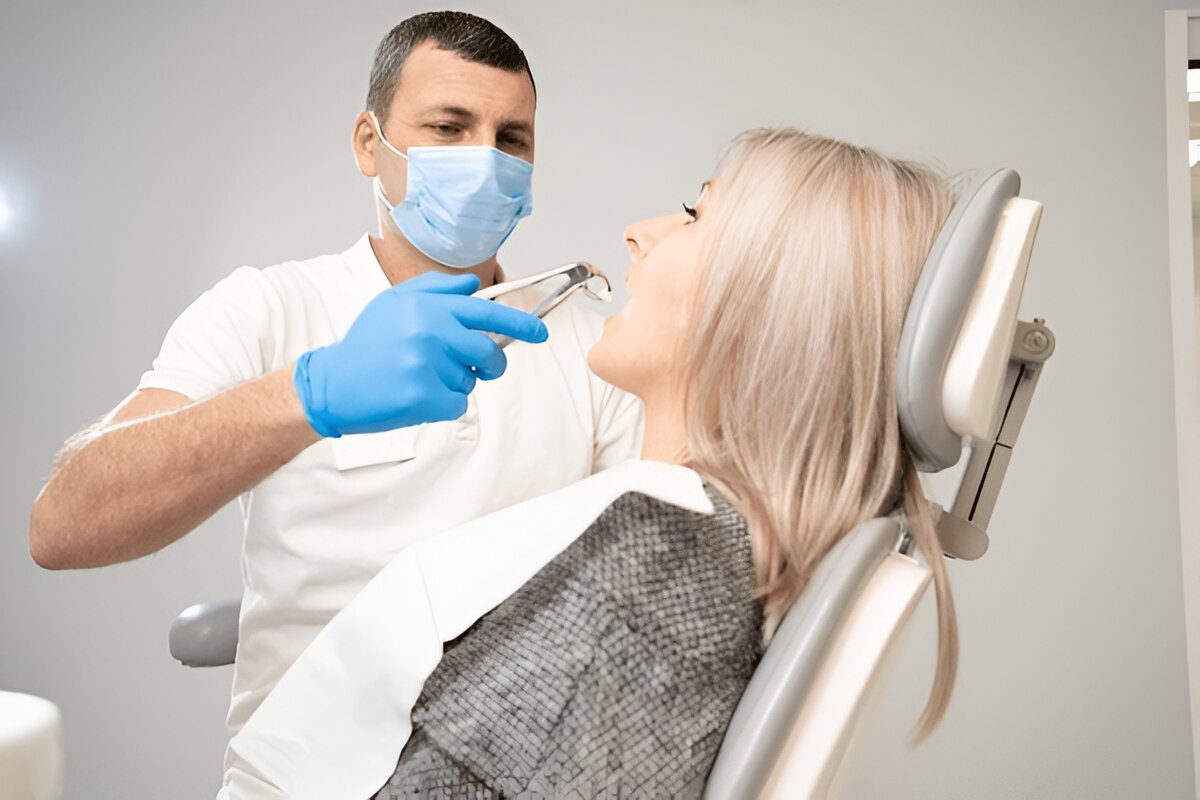Tooth Extractions in Wilmington, DE
Tooth Extractions Near You
Are you in severe tooth pain, or do you have a tooth that is very severely damaged and can’t be fixed? Delaware Star Dental is the place where we offer painless and safe tooth extractions in Wilmington, DE. This is definitely a fast and efficient way to get your comfort back again. If it is a case of decay, impaction, or an emergency, Dr. Syed, with the help of our skilled staff, will ensure that your extraction is done safely and accurately.

What are Tooth Extractions?
Our Tooth Extraction Process
The dentist in Wilmington is keen to ensure that you are comfortable and that you feel secure during your treatment. Your treatment will be like this:
Comprehensive Evaluation
Personalized Plan
Comfort & Sedation
Precise Extraction
Post-Procedure Care
Benefits of Tooth Extractions
Why Choose Delaware Star Dental for Your Tooth Extraction?
Experienced Dentist
Kind & Pleasant Atmosphere
Free Consultation
Flexible Payment Options
Referral Program & All-in-One Care
Advanced Technology

Ready to Get Your Healthy, Pain-free Smile Back?
Are you considering tooth extractions in Delaware due to pain in your tooth? Want to schedule an appointment with Delaware Star Dental? Give us a call at (302) 994-3093. Let us extract your tooth comfortably and painlessly to relieve your discomfort.

